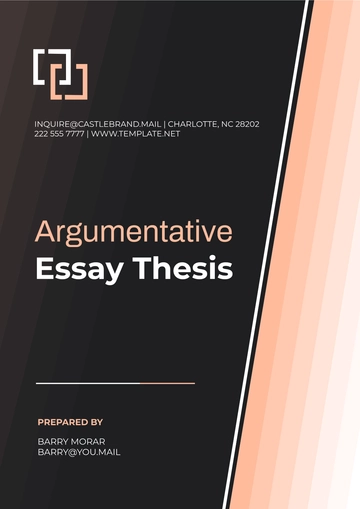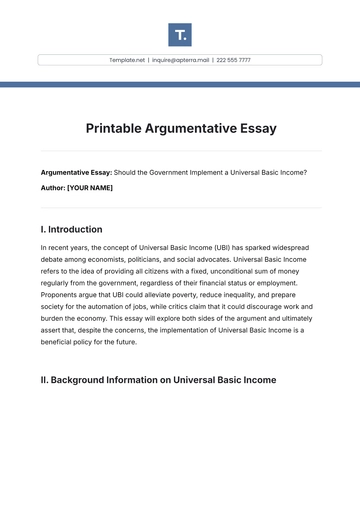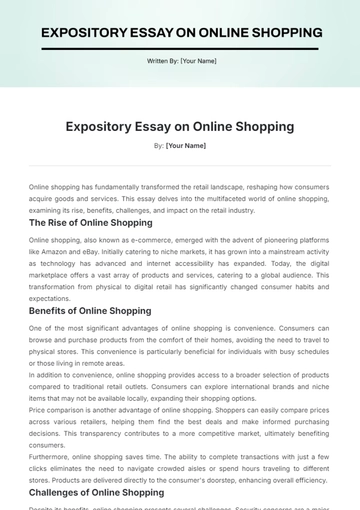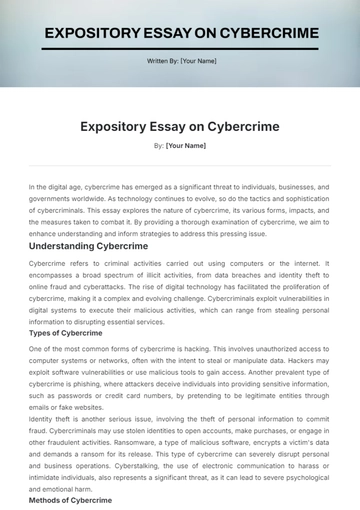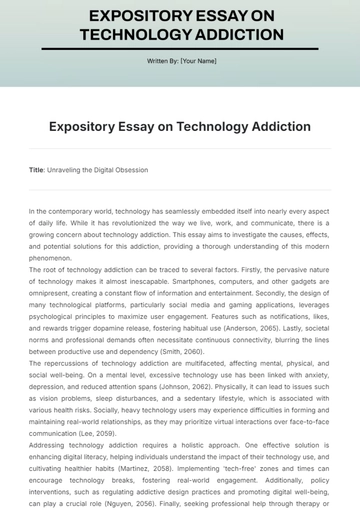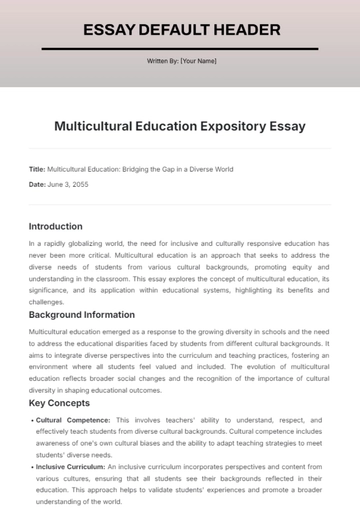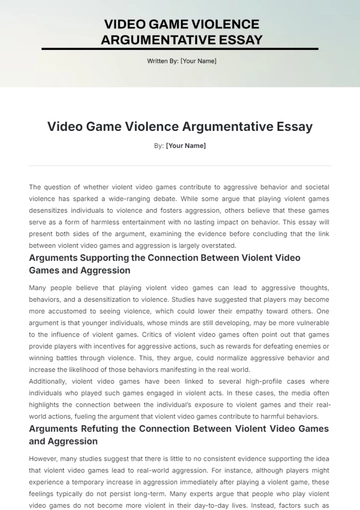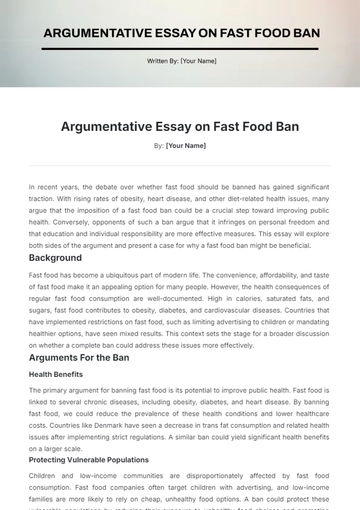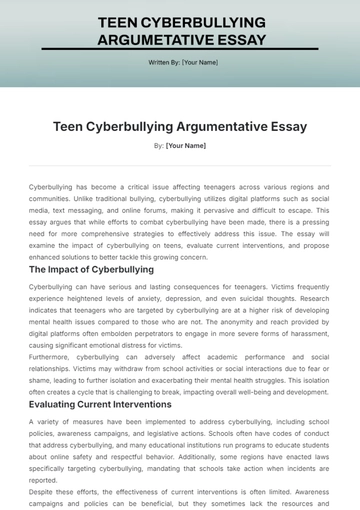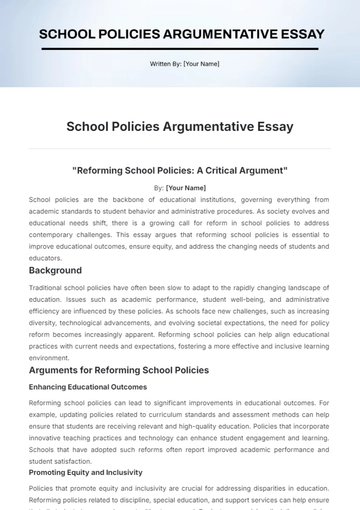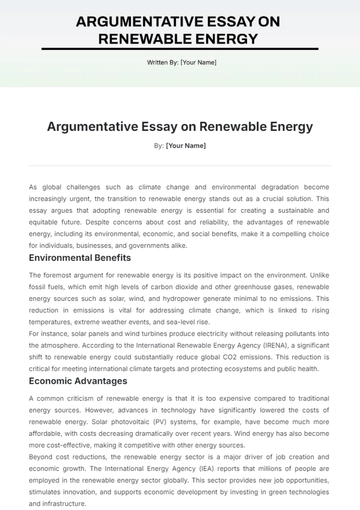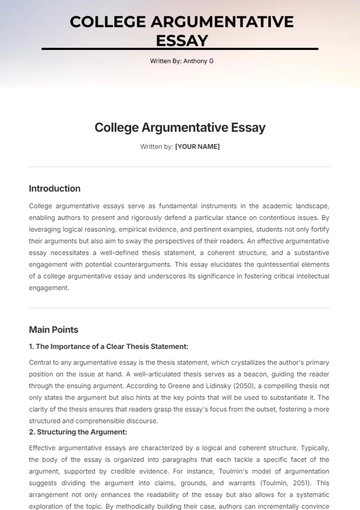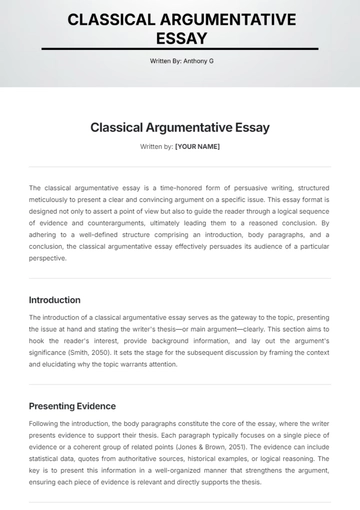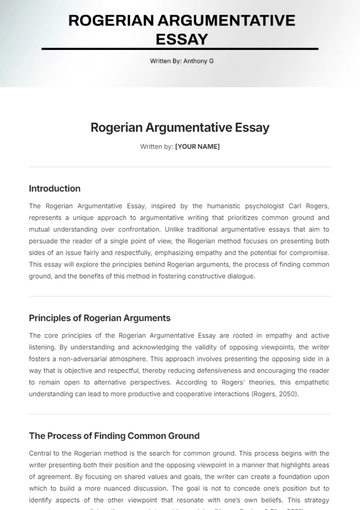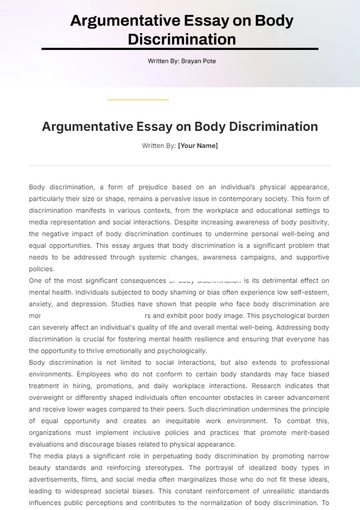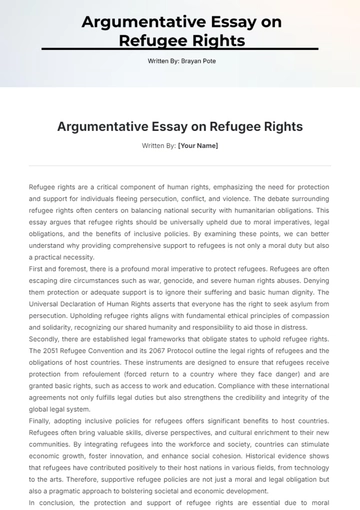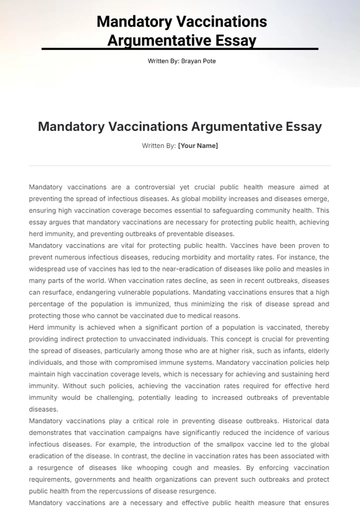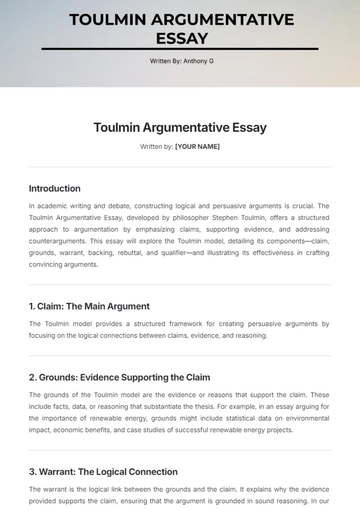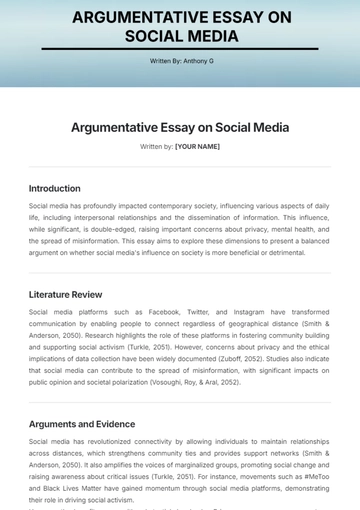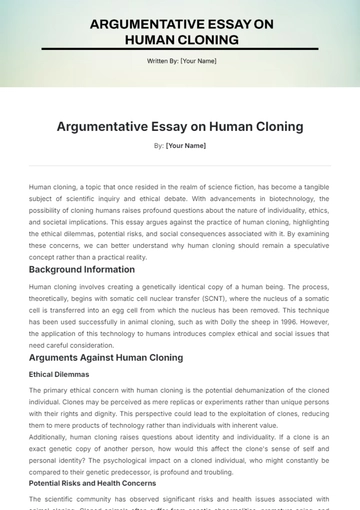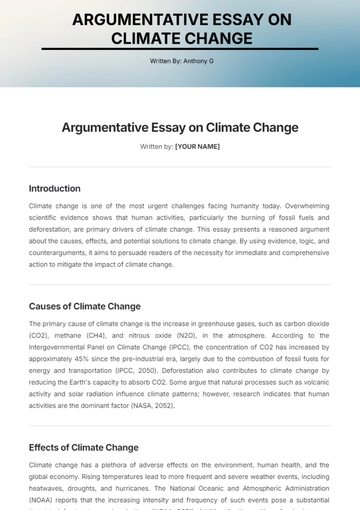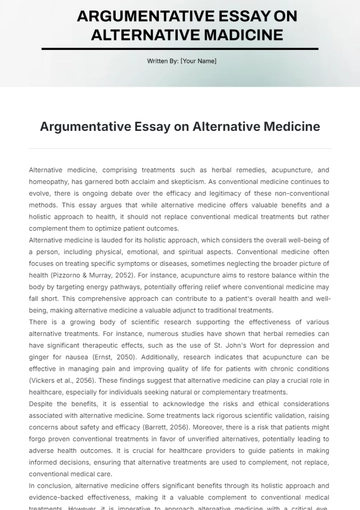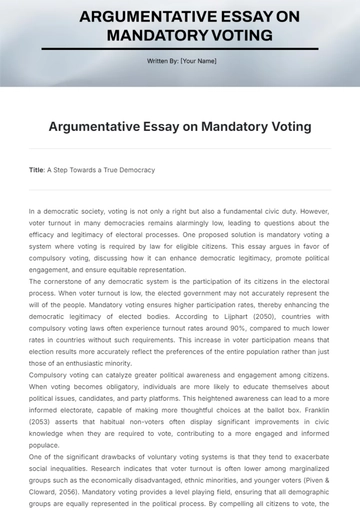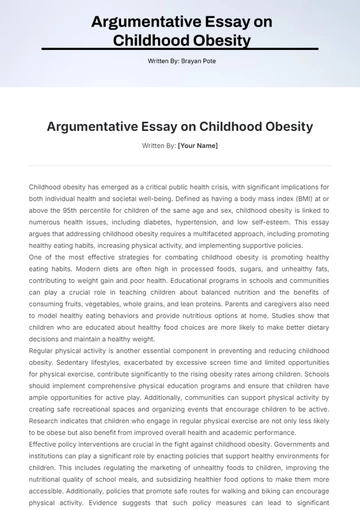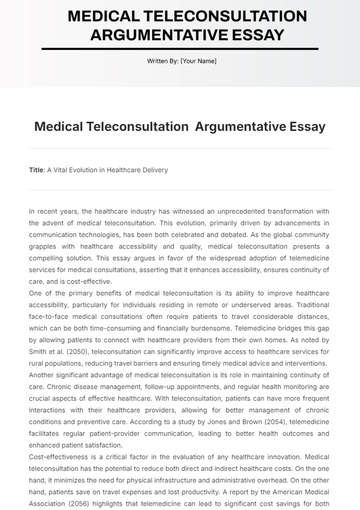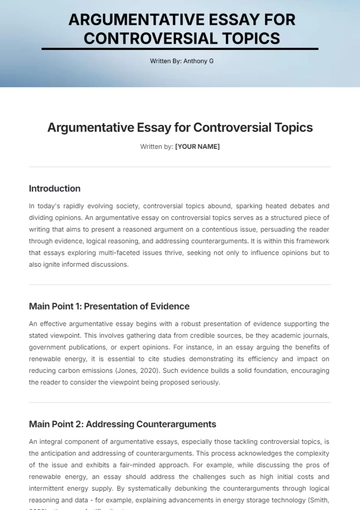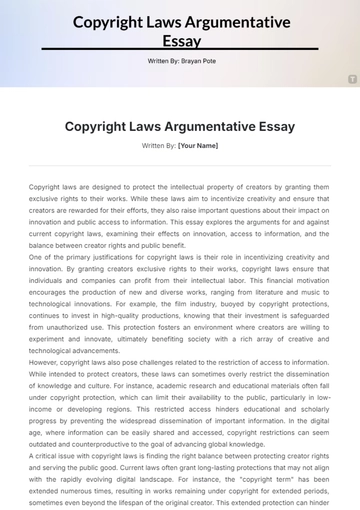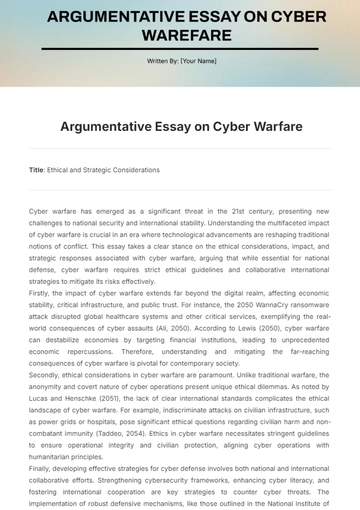Free Columbus Day Essay
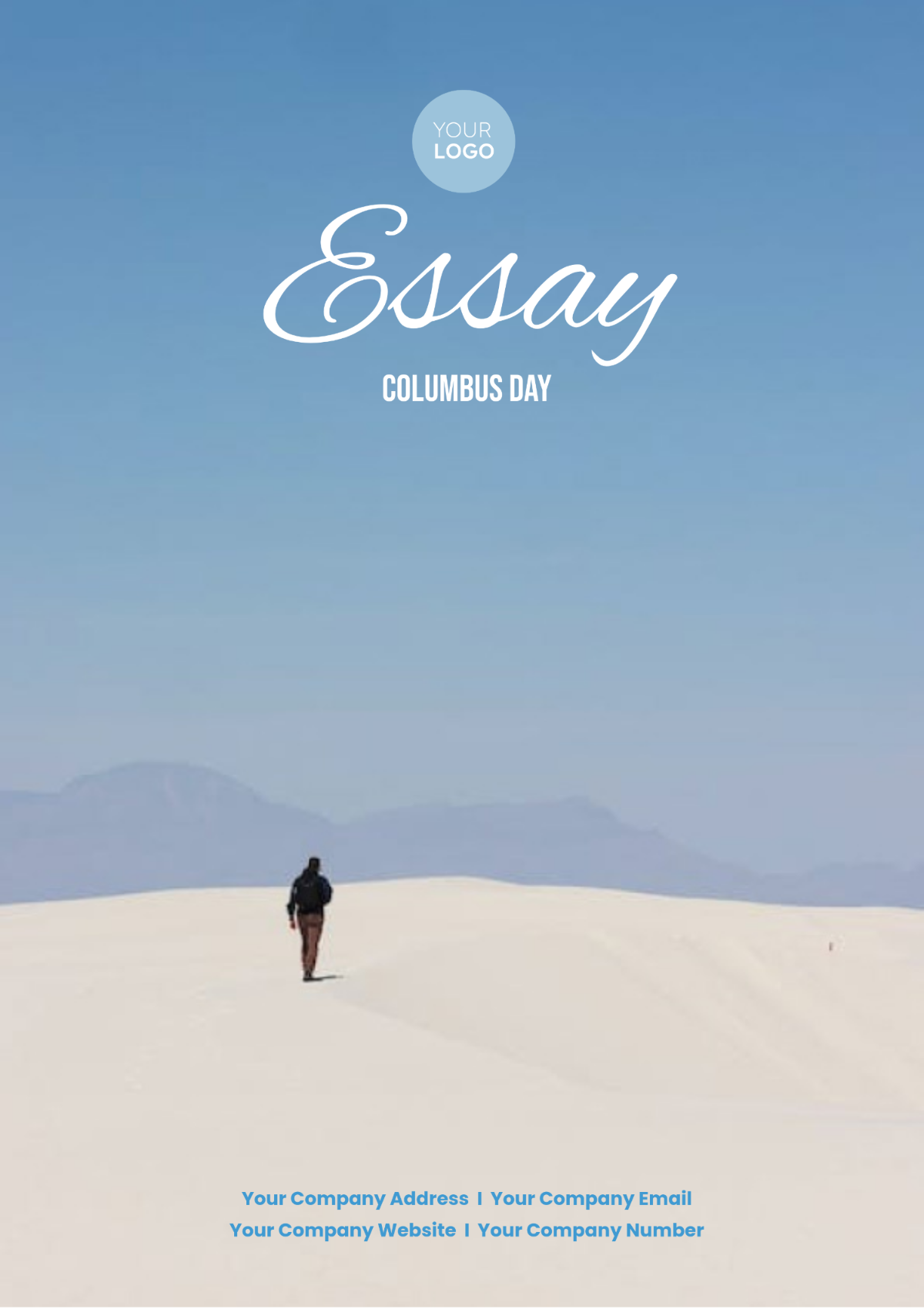
Columbus Day, celebrated annually on the second Monday of October, commemorates Christopher Columbus's arrival in the Americas on October 12, 1492. While traditionally regarded as a day to honor exploration and discovery, the holiday has increasingly become a focal point for debate and controversy. Many critics argue that Columbus Day should not be celebrated, citing the devastating impact of Columbus’s voyages on Indigenous populations and the perpetuation of colonial narratives.
When Columbus arrived in the Caribbean, he encountered diverse Indigenous cultures that had inhabited the region for thousands of years. However, rather than fostering mutual respect and understanding, Columbus's expeditions marked the beginning of a brutal era of colonization. The introduction of European diseases to which Indigenous peoples had no immunity led to catastrophic population declines. Furthermore, Columbus and his men engaged in violent acts of subjugation, enslavement, and exploitation of Indigenous peoples. These actions set a precedent for centuries of oppression, displacement, and cultural eradication across the Americas.
Despite this troubling history, Columbus Day has been celebrated in the United States since the late 18th century. The first recorded celebration occurred in 1792 in New York City, marking the 300th anniversary of Columbus's landing. It was not until 1937 that President Franklin D. Roosevelt declared Columbus Day a national holiday, framing it as a celebration of Italian-American heritage. However, this narrative often overlooks the profound suffering inflicted upon Indigenous communities during and after Columbus's voyages.
In recent years, growing awareness of the negative implications of Columbus's expeditions has led to calls for re-evaluation of the holiday. Many cities and states have replaced Columbus Day with Indigenous Peoples' Day, a move that honors the rich histories and cultures of Native American peoples while acknowledging the historical injustices they have faced. This shift reflects a broader societal recognition that history is not merely a celebration of individuals like Columbus, but rather a complex tapestry of stories, including those of marginalized groups.
Critics argue that celebrating Columbus Day perpetuates harmful myths about discovery and exploration, framing the narrative in a way that glorifies colonization while ignoring its detrimental effects. For many Indigenous peoples, Columbus Day is a painful reminder of a violent past that continues to affect their communities today. Thus, maintaining a holiday that celebrates Columbus is not only historically inaccurate but also disrespectful to the descendants of those who suffered as a result of European colonization.
In conclusion, Columbus Day stands as a controversial observance that highlights the need for a more nuanced understanding of history. While it is essential to recognize the significance of exploration and cultural exchange, we must also confront the dark legacies that accompany such narratives. By reevaluating how we commemorate the past, we can foster greater empathy and understanding, ultimately paving the way for a more inclusive society. Rather than celebrating Columbus Day, we should advocate for a day that honors Indigenous peoples and their enduring contributions to our shared history.
Columbus Day Templates @ Template.net
- 100% Customizable, free editor
- Access 1 Million+ Templates, photo’s & graphics
- Download or share as a template
- Click and replace photos, graphics, text, backgrounds
- Resize, crop, AI write & more
- Access advanced editor
Guide students through writing with this fully editable and customizable Columbus Day Essay Template from Template.net. Editable in our AI Editor tool, this template provides a structured format for crafting essays about Columbus Day, making it easier for students to organize their thoughts. Ideal for classroom assignments or contests. Download today and begin customizing for educational success.
